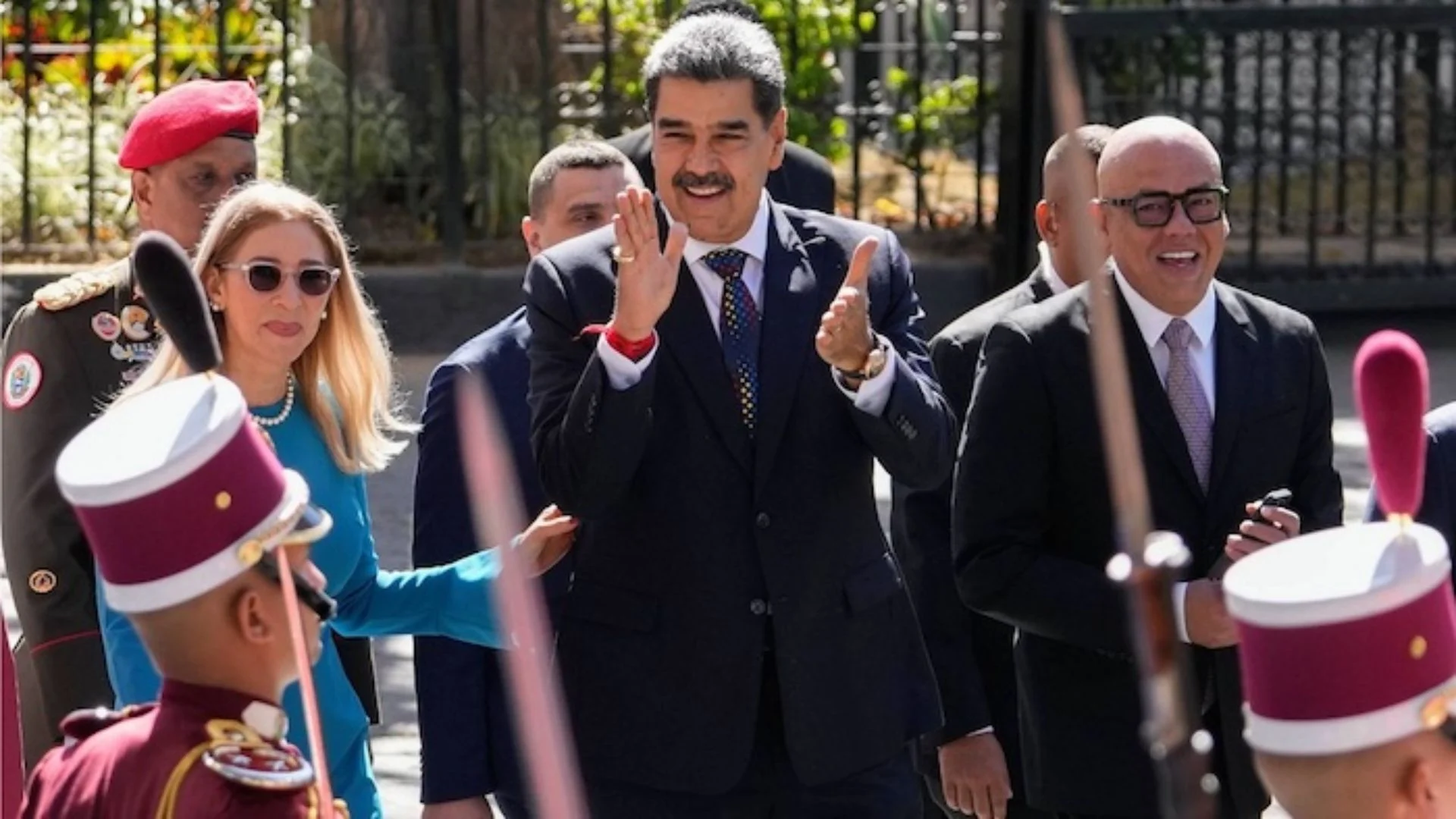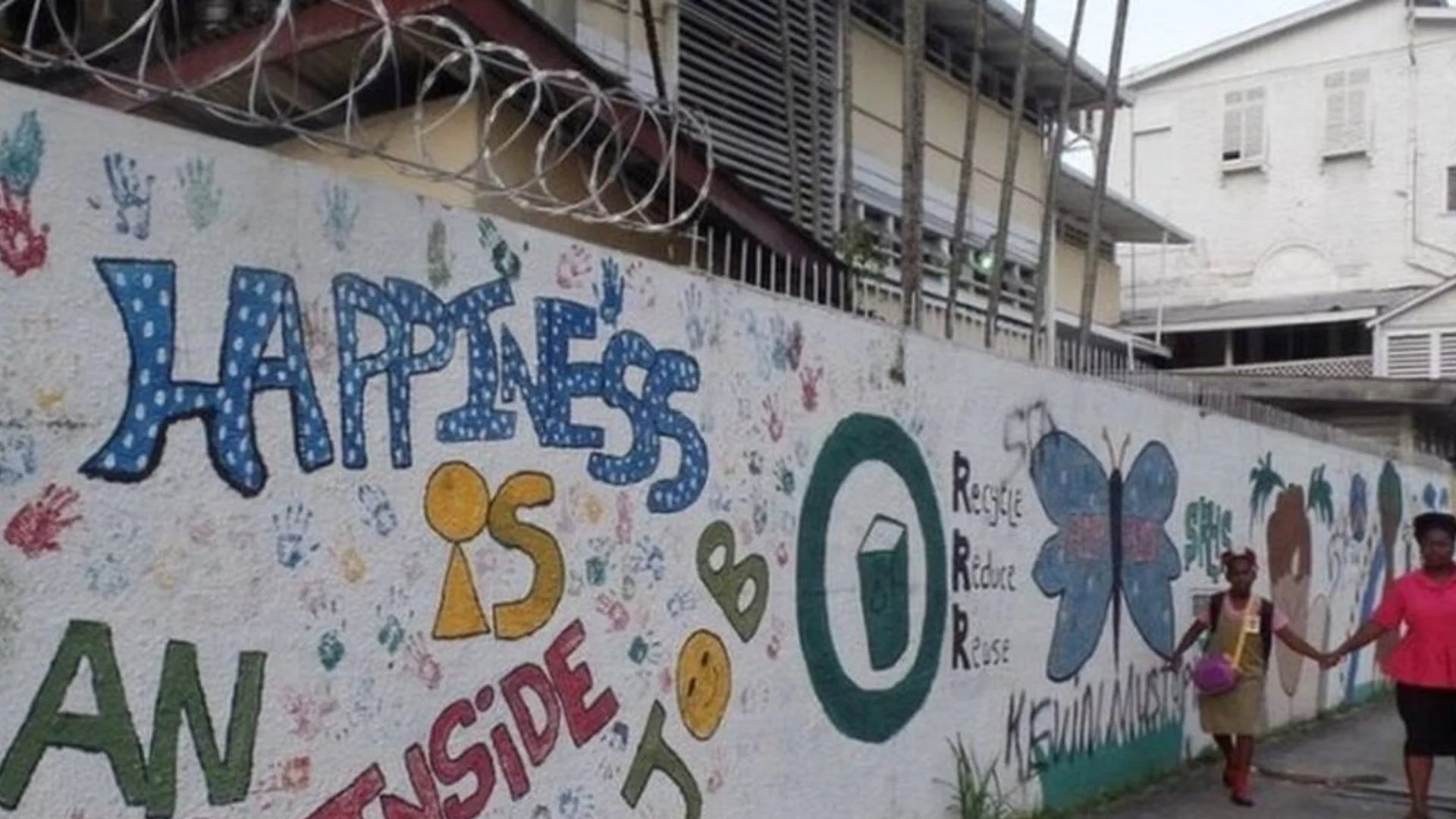‘The era of global warming has gone, the era of global boiling has arrived”, UN Secretary General Antonio Guterres has stated. In the context of this alarming warning, it is crucial to have a look at one of the recent reports issued by the World Metrological Organization: “There is two-third chances that at least one of the next five years (2023-2027) or the five-year period as a whole will be warmest on record. This will have far-reaching repercussions for health, food security, water management and the environment.” The question of whose health, water and food security is getting more adversely impacted in the “boiling era” depends on the ability of people to deal with the risks posed by climate change. The hazardous impacts on the life and well-being of street vendors, rickshaw pullers, construction workers, agricultural laborers, primary resource managers in rural households are beyond imagination because of their little capacity and fewer resources to deal with furies of changing climate. Climate change has become a serious threat for entire humanity but it does not equally affect each and every section of the society. Climate justice recognizes that those who have contributed least to cause climate change are the ones who suffer the most from its effects. Beyond global climate justice, there are important considerations of marginalise communities at local level. Climate change interacts with socio-economic identities of people- class, gender, race, ethnicity and makes them more susceptible to its crisis.
The survival of women in rural poor households is disproportionately threatened during food insecurity, water crisis or any environmental decline because they are assigned with the responsibility of managing water, food and fuel (climatically-sensitive areas) in the households.
Gendered social norms, unequal power structure, limited access to resources, property rights, under representation further exacerbates these class and gender-based vulnerabilities. It is the women who miss their meal or eat left-over food at the time of food insecurity due to socialization in masculine world. Apart from their long hour journey to gather water, women’s exploitation is another consequence of water crisis due to hot summers. The social practice of water wives in Denganmal village of west Maharashtra is a case where polygamy is seen as the only solution to deal with water scarcity. Given the situation of 12 hours to complete the journey, the men started to marry more than one woman just to ensure enough drinking water in their households. These hardships also resulted into drop-out rates of young girls in school, sexual abuse and early marriages etc.
Despite vulnerabilities, we have numerous global success stories which depict women’s role as game-changers by responding to changing climatic conditions using their indigenous knowledge and collective wisdom. Wangari Maathai, 2004 Nobel Prize winner, successfully launched The Green Belt movement in Kenya, one of the leading climate change projects worldwide. Sahana Begum spearheads community efforts to prepare women for disasters giving them tools and basic skills to survive. Indian Dalit women in Zaheerabad contribute to adaptation strategies, growing 19 types of indigenous crops that do not need extra water, chemical inputs or pesticides for production. Around 5,000 women spread across 75 villages in southern India are now offering a non-irrigated, chemical free, organic agriculture as one method to combat global warming.
Despite their pro-active role, gendered concerns and capacities have never been a mainstream focus either in the key international agreements or at national policy actions. Women continue to face institutional and structural barriers that restrict their participation in decision-making bodies. Empowering women and achieving gender justice through measures like gender budgeting, higher women’s participation in policy-making will be an effective tool to fight against crisis associated with climate change.
A 2019 study demonstrates that higher women’s representation in national parliaments leads to the adoption of more stringent climate policies, resulting in lower emissions. Indian environmentalism raising voice against extraction of resources quest for combining issues of ecological sustainability and social justice. The issue of gender justice must be at the forefront of this movement without which the objective of environmental justice and climate justice cannot be achieved.
Chandrika Arya is a Doctoral Scholar, Department of Political Science, University of Delhi. Gender and Women’s Studies became her interest areas of research since the time she was introduced to them.

















